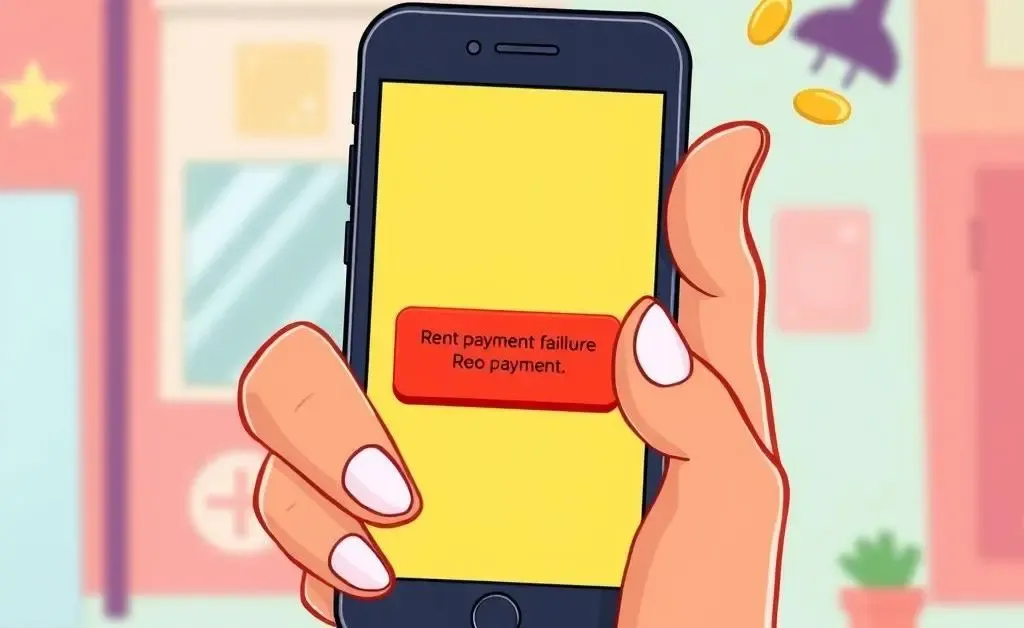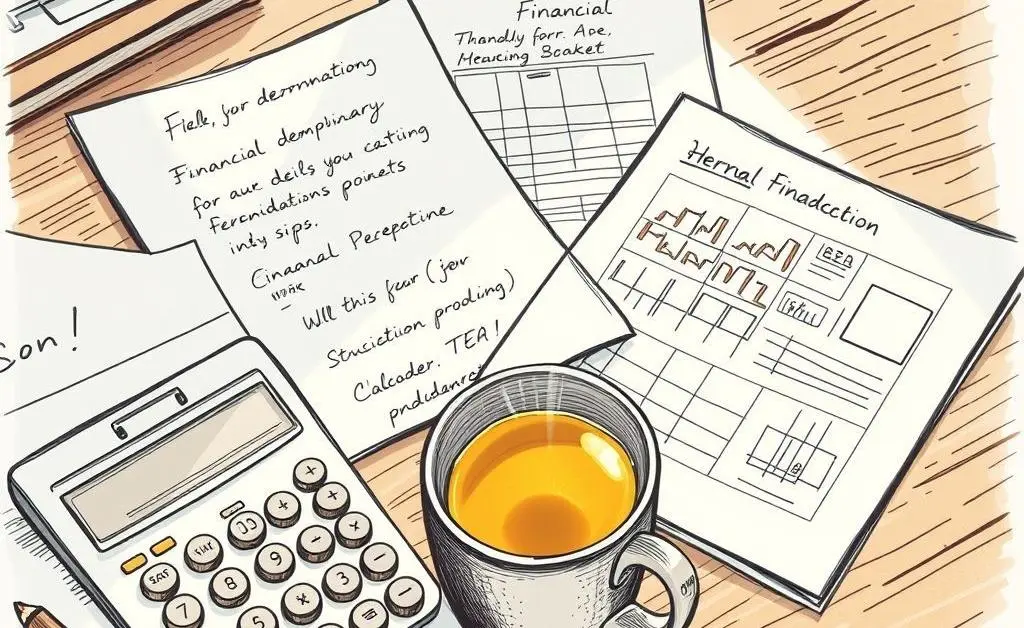Navigating Late Rent Payments: What Landlords Need to Know
Discover practical strategies for managing tenant rent delinquencies effectively.

Oh, the joys and challenges of being a landlord! Having tenants who pay rent on time can feel like winning the lottery. But what happens when the payment starts drifting past the due date? Let’s dive into some practical, heartfelt strategies for managing late rent payments and nurturing positive relationships with your tenants.
Understanding the Reasons Behind Late Payments
In my experience, late rent payments can often boil down to a few key issues. Economic instability is a big one — unexpected expenses or a loss of income can catch anyone off guard. Sometimes, it’s a simple oversight. We’re all human, after all.
Approaching these situations with empathy can make a world of difference. Try to understand the tenant’s perspective before leaping to conclusions. We’ve all been in tight spots, haven’t we?
Strategies for Addressing Late Payments
Open Lines of Communication
The first step is to open up a dialogue. Reach out with a friendly email or call to see how things are going. A little understanding goes a long way toward finding a solution. A collaborative approach fosters goodwill and can often resolve issues swiftly.

Implement Clear Policies
It’s crucial to have clear, written rental policies from the get-go. This includes outlining what happens when payments are late. Having these policies can reduce confusion and give both you and your tenant a guide to follow.
Offer Flexible Payment Options
Offering a bit of flexibility can turn a potentially adversarial situation into a cooperative one. Consider partial payments or renegotiating the payment schedule during challenging times. This isn’t just good for the tenant; it can help ensure you steadily receive funds, even if on a different timeline.

When Escalation is Necessary
Sometimes, despite your best efforts, the problem persists. If communication fails, remind your tenant of the legal and financial implications tactfully. It might be time to consult with a legal professional to discuss next steps. It’s important to protect your investment, after all.
Reflecting on the Journey
Being a landlord is not without its challenges, but viewing these hurdles as opportunities to improve your process can create more positive outcomes over time. Every late payment is a chance to refine those processes and enhance the mutual respect and understanding between you and your tenants.

As you sip your tea and reflect on these strategies, remember, it’s about building relationships as well as financial acumen. That’s what investing in real estate — and people — is all about.




